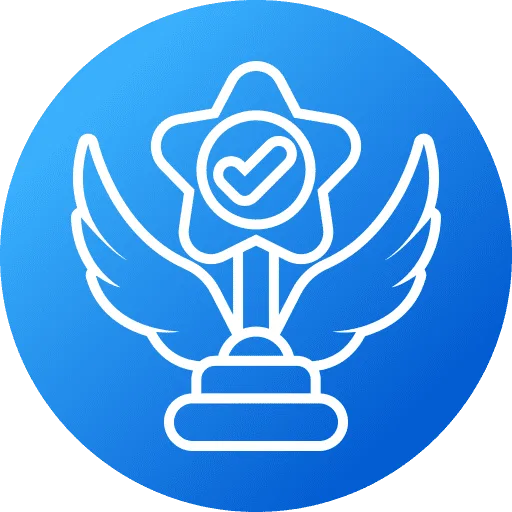Ramsay Hunt syndrome (RHS) is a rare neurological disorder characterized by paralysis of the facial nerve (facial paralysis) and a rash affecting the ear or mouth. Abnormalities of the ear such as ringing in the ears (tinnitus) and hearing loss may also be occur. Ramsay Hunt syndrome is caused by the varicella zoster virus (VZV), the same virus that causes chickenpox in children and herpes (herpes zoster) in adults. In cases of Ramsay Hunt syndrome, the first inactivated varicella-zoster virus reactivates and spreads to affect the facial nerve. So, for instant relief it is important to aware about the natural treatment of Ramsay Hunt Syndrome.
Many different names have been used to denote this disorder in the medical literature that often create confusion. This Ramsay Hunt Syndrome disorder is named after a physician James Ramsay Hunt, who first described the disorder in the year 1907.
Years ago, more than one disorder gave rise to the Ramsay Hunt syndrome. Ramsey-Hunt syndrome is now used to depict the disorder described in this report.
This disorder caused by a red rash of the ear is sometimes also known as herpes zoster oticus . However, some physicians use herpes zostic oticus only for ear rash and Ramsey Hunt syndrome for a combination of ear rash and facial paralysis.
Ramsay Hunt Syndrome ICD 10.
Ramsay hunt syndrome ICD 10 code is B02.29.
What Virus Causes Ramsay Hunt?
The RHS is caused by reactivation of the varicella-zoster virus (the virus that causes chickenpox) within the sensory ganglion of the facial nerve, the 7th cranial nerve.
Since the 8th cranial nerve, known as the auditory nerve or the vestibulocochlear nerve, is located next to the sensory ganglion of the facial nerve within the facial canal, both nerves are usually involved.
How do you get Ramsay Hunt syndrome?
Ramsay Hunt syndrome (RHS) is caused by the varicella-zoster virus, which is the same virus that causes chickenpox & shingles.
The virus in a person with chickenpox as a child can remain inactive for decades. Reactivation of the varicella-zoster virus results in herpes and, in some cases, develops in Ramsay Hunt syndrome. The reason why the virus is reactivated and affects the facial nerve in Ramsay Hunt syndrome is unknown.
What Are The Symptoms of RHS?

The symptoms of RHS all occur on the same side of the face but may not occur at the same time. They insert:
- Decreased movement on one side of the face.
- Painful rash with fluid-filled blisters on the skin of the ear and the ear canal.
- Hearing loss, ringing in the ear.
- Head rotation.
- Dry mouth, dry eyes.
- Changes in taste.
What are The Causes of RHS?
RHS is caused by reactivation of the herpes zoster virus that can cause chickenpox in childhood. This virus resides in the body and can attack the nerve that controls facial movements and the sensory nerve that supplies the face.
This virus can also causes shingles, stinging rash on one side of the body, in adults. RHS occurs in one in every 20,000 people each year, usually in older adults but rarely in children. It can affect men and women alike.
Ramsay Hunt Syndrome Natural Treatment.
Research into the use of natural remedies for Ramsay Hunt syndrome is still continues. However, the effectiveness of acupuncture, herbal medicine, vitamins, and other natural remedies to address Ramsay Hunt syndrome remains unknown.
Ramsay Hunt syndrome can cause discomfort, and lifestyle and home remedies can be used to alleviate this problem. These measures include;
- The area should be clean where the rashes are present to avoid infection.
- Applying a cold, wet compress to ease the pain caused by the rash.
- By using ibuprofen or other over-the-counter medications to manage pain.
In the event that Ramsay Hunt syndrome makes it difficult for the patient to close any eye, applying moisturizing eye drops may be beneficial. In addition, ointment can be applied to the affected eye at night, and an eyepatch or tape can be worn on the eye as needed.
Ramsay Hunt Syndrome Treatment Up-to-date.
For recovery from Ramsay hunt Syndrome the treatment includes antiviral therapy and corticosteroids. Starting these drugs as soon as possible improves recovery. In case symptoms are severe, these medications may be given intravenously (IV) in the hospital.
RHS can also be a very painful condition. Pain control with a variety of medications is important during treatment and even after the rash has gone away and the facial movement returns.
Since patients have difficulty closing the eye due to facial nerve paralysis, moisture and lubrication of the eyes are very important. Medication for nausea and dizziness is also helpful in supporting recovery during treatment.
+8 Sources
Insert your contetFreaktofit has strict sourcing guidelines and relies on peer-reviewed studies, educational research institutes, and medical organizations. We avoid using tertiary references. You can learn more about how we ensure our content is accurate and up-to-date by reading our editorial policy.
- Tinnitus; https://www.mayoclinic.org/diseases-conditions/tinnitus/diagnosis-treatment/drc-20350162
- Herpes Zoster Oticus; https://emedicine.medscape.com/article/1952189-overview
- vestibulocochlear nerve; https://www.britannica.com/science/vestibulocochlear-nerve









































 Workout
Workout

 Meditation
Meditation






 Podcast
Podcast
 E-book
E-book












